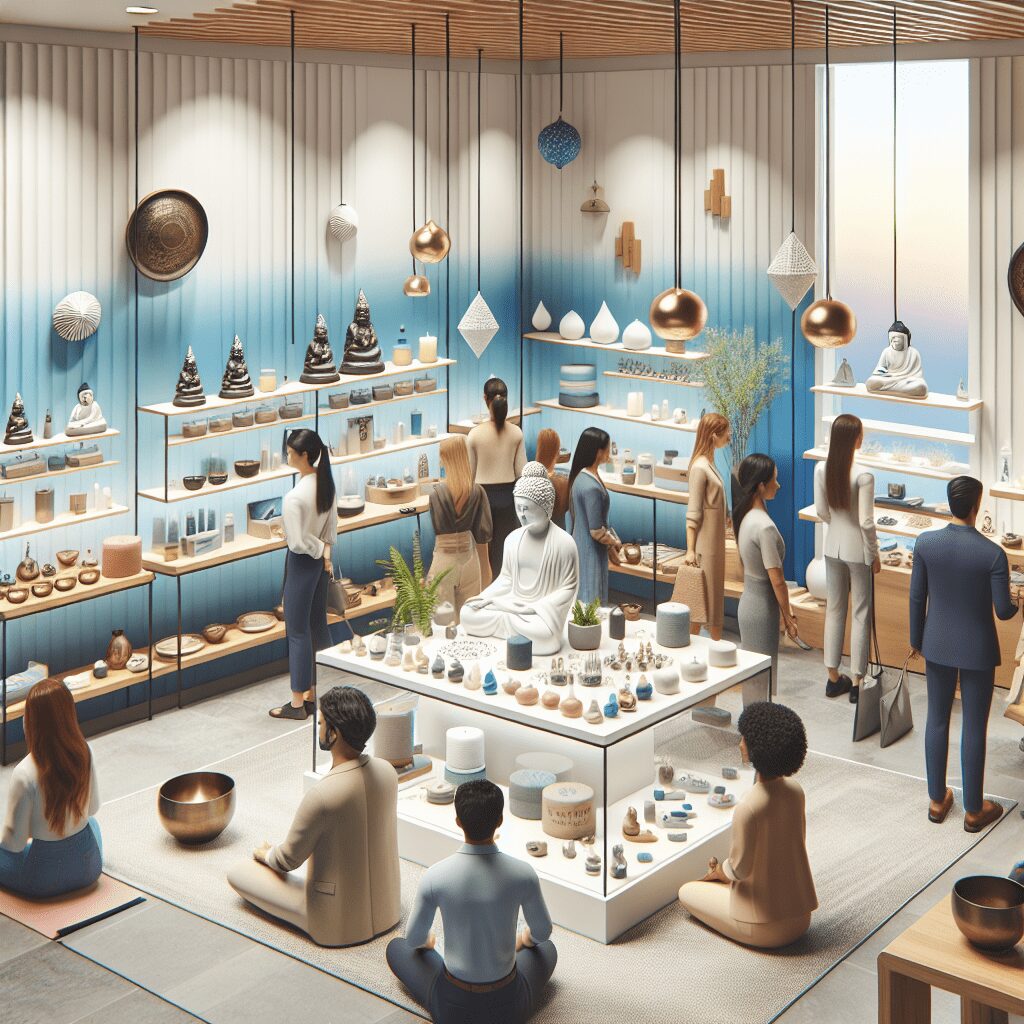
Prioritize your mental well-being daily. Enhance your life by nurturing your mental health with the Smart Meditation app. Break free from stress, alleviate anxiety, and enhance your sleep quality starting today.
Can Red Wine Cause Anxiety?
Unraveling the Intricate Relationship Between Red Wine and Anxiety
Ah, red wine, that luscious elixir, celebrated for its heart-healthy benefits and often seen as the sophisticated companion to a fine meal. It’s the star of many a dinner party and a stalwart companion after a long day. Yet, lurking behind its ruby-red allure, questions arise about its impact on mental health, particularly its connection to anxiety. Could this cherished beverage be a wolf in sheep’s clothing when it comes to our emotional well-being?
The Double-Edged Sword: Alcohol’s Complex Role
To get to the bottom of this, let’s dive into the nitty-gritty. Alcohol, the primary active ingredient in red wine, is a bit of a Jekyll and Hyde character. On one hand, it’s a central nervous system depressant, which, in layman’s terms, means it can help kick back the stress and relax you faster than you can say “Merlot.” That initial relaxation, that sigh of relief as you take the first sip, might suggest that red wine could be a balm for anxiety.
However, it’s not all sunshine and rainbows. As the alcohol weaves its way through your system, the plot thickens. The body metabolizes alcohol, leading to a decrease in serotonin levels – that’s the feel-good neurotransmitter, folks – and an increase in the stress hormone, cortisol. In the aftermath, you might find yourself in a paradoxical state where your anxiety levels have not only bounced back but have jumped higher than a kangaroo on a trampoline.
Factors at Play: Quantity, Sensitivity, and the Big Picture
Now, before you start giving the side-eye to your beloved Bordeaux, it’s crucial to note that the devil’s in the details – or, in this case, the dosage. Moderation is key. A glass of red wine might not hurl you into the throes of anxiety, but overindulgence could very well set the stage for a not-so-pleasant emotional sequel.
Moreover, everyone’s body chemistry is as unique as a fingerprint. Some folks might find that red wine makes them more prone to feelings of anxiety, while others sail through without a hitch. If you’ve ever noticed that a glass or two makes your heart race or your mind race faster than Usain Bolt, you could be more sensitive to the effects of alcohol.
Balancing the Scales: Mindful Enjoyment and Alternatives
So, where does that leave our relationship with red wine? Like any good relationship, it’s all about communication and understanding your own body. If you find that red wine tends to turn you into a ball of anxiety, it might be time to reevaluate your drinking habits. Consider setting some ground rules for yourself, such as limiting consumption, focusing on enjoying wine with food, or setting aside specific days for wine indulgence.
For those who find that anxiety and red wine go hand-in-hand but aren’t ready to break up entirely, exploring alternatives might be the way forward. Lower-alcohol wines, non-alcoholic red wine alternatives, or even switching to a different beverage altogether could help keep your spirits bright and your anxiety in check.
The Verdict: A Toast to Mindful Drinking
In the grand scheme of things, whether or not red wine causes anxiety boils down to individual experiences and how one chooses to partake in its pleasures. Armed with a sprinkle of moderation, a dash of self-awareness, and a healthy pinch of alternatives, one can navigate the waters of wine enjoyment without fear of tipping into anxiety. Here’s raising a glass to enjoying red wine in a way that harmonizes with your mental and physical well-being. Cheers to that!





